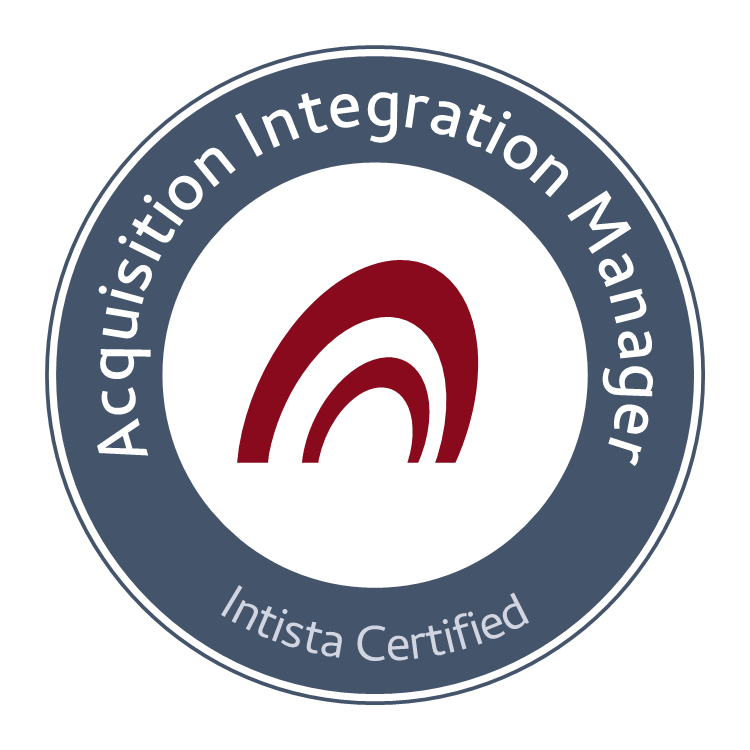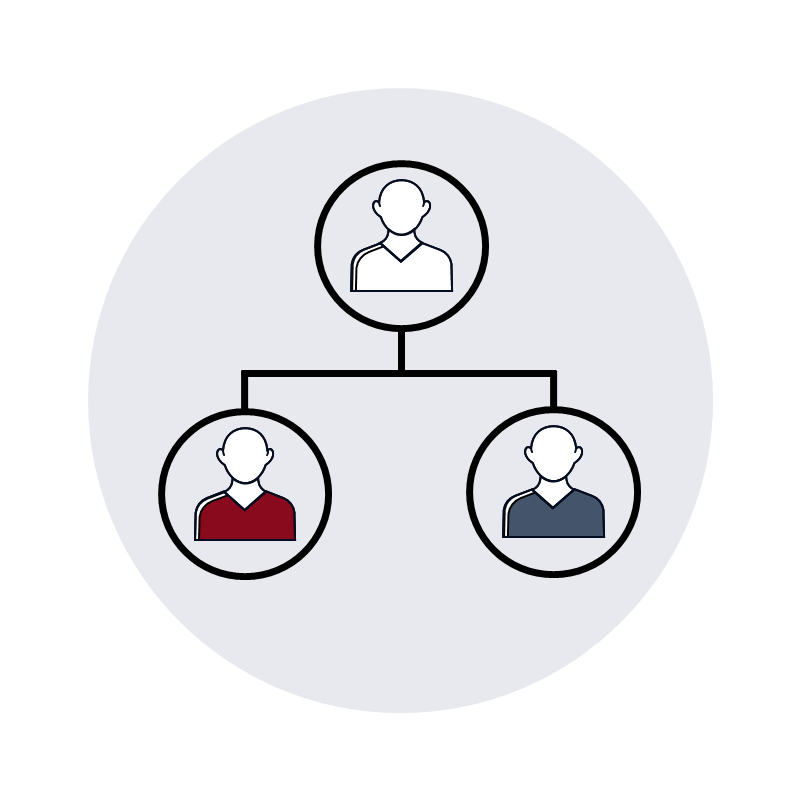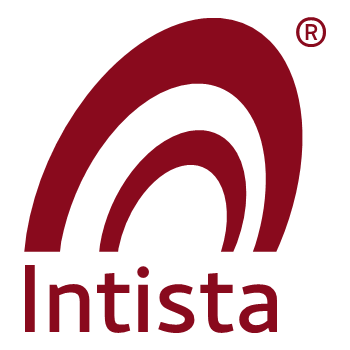
Learn how to Successfully Integrate Acquired Businesses
Building in-house skills for acquirers
Training, certification, and mentoring for you to deliver the value of your M&A through successful integration
It is said that 70% of acquisitions fail. This is not completely accurate; it is the integration of the two businesses that often fails. Delivering the value that was envisioned when the deal was put together is difficult and prone to failure.
Businesses that do not successfully integrate acquisitions waste the opportunity of value creation. With every subsequent acquisition, the pain of not integrating becomes greater, as the burden of multiple processes, tools and operational methods prevents growth.
Training is self-paced, but if you want to join a cohort, here is our schedule
Course Level
This is an intermediate level course.
Prerequisites
A basic understanding of the steps involved in acquiring a business:
- What is M&A Due Diligence and where it fits into the acquisition timeline
- Acquisition terminology such as "Deal Closing" or "Deal Team"
Download detailed information on delivery methods and pricing
Two of the LCAB team took the CAIM training and are doing awesome things integrating our companies. They both cite the program as a huge catalyst
What a thorough and brilliant course design. The weekly modules are excellent - great content, the right intensity and length, and tons of training aids to use in the real world. Beyond the online component, the virtual cohort meetings are a great place to discuss content and expand your network.
A very useful and well-structured training program. It gives an overview of the integration process in just the right amount of detail for those involved in or about to embark on an integration. If you are involved in acquisitions for the first time or specialize in one element of the process, this course provides you with a clear roadmap.
I’ve been involved in several acquisition integrations in previous roles. Some integrations accomplished the corporate goal while others were abject failures. This course gave me insight into the intricacies of the integration process and offered a deeper understanding of the steps involved for a successful integration. Success involves so much more than two companies coming together under the same banner.
I highly recommend Intista's integration training. The training is comprehensive, based on years of integration experience and data-backed insight and very relevant to my integration work.
The best thing I learned was an overall framework and process for integrations. From this baseline, I can then adjust based on unique circumstances. But I now have a very good starting point.
The amount of knowledge and wisdom in this course cannot be met by anyone else.
... very responsive and helpful at every point of the course. I felt very supported.
Intista's Sales Integration Checklist is a great tool to use when bringing two separate teams together, with all its supporting elements in place. There are other tools for merging sales teams, but this is the best there is for mid-size M&A integration. I recommend that you download and use this tool when planning next steps.
As soon as M&A is done, everyone thinks that the job is over. Actually, the job starts there.
The CAIM is really helpful to understand the entire integration perspective, best practices, what works, what doesn't work, and the different types of integration.
I thought the course was well-presented and informative, with real-world experiences and stories of actual integration assignments. Acquisition integration is important to value retention and creation. As such, the acquirer should use a skilled and well-trained interaction professional.
I was really realizing the need to distinguish myself.
[The CAIM] was just so much value. It just hit so many value points for me, and what I was looking for. It was very well structured, very well thought out. It's very clearly communicated, and [gives] access to Steve and his knowledge, in the Masterminds.
Exceeded expectations. Substantial spreadsheets and checklists to support integration activity.
The CAIM allows us to do [the integration] in house... and still have complete control of the process
I've done a lot of strategy and execution work with companies looking to grow and was looking for a good framework to use to help get a tricky M&A business integration back on track after a year of challenges faced by the leadership team. Going through the CAIM program and getting access to the great tools and resources has helped me to get this integration on track and build the framework for the next acquisition in the coming year.
[Intista] made the platform very easy to follow. The way [it] organizes the content to align with the actual integration process, I think it was very easy to follow. It is a great product that is highly customizable and has the structure that is needed for anyone who [wants to] jump in on it at any time.
The [course] exceeded my expectations. I think we were all 'experienced' coming into the class, but we all walked away with a much better understanding of the process which should help us collaborate better with corporate development on future integration work.
I would really recommend [it for] people who are already in the field of M&A Integration, or for those who are interested in pivoting to this field to consider the course. There are a lot of fundamental learnings one can get from this course, [including] the structure, processes, and results of integration...”
I loved it: the information, the way that everything is explained. The way that it flows all the way to the end. It is so well explained. It helps you concentrate and guide your process.
The class was comprehensive, and very practical. There's a lot of these that are theoretical and academic, and this is anything but that.
It was very valuable. Saving me or an organization involved many times the cost of the class. There was lot of the practical advice that I wish I had had about 12 months ago with an integration that we did.
I used to worry about integration after signing the papers I'd think "What do I do now?". It was a really good program that helped me understand the things that I need to consider to get the most value out of my acquisitions, based upon my acquisition goals. There were a lot of things that I wasn't thinking about.
The [CAIM] course recognizes the reality of how to do an integration. There are some really good things that I didn't want to miss, so I listened to the slides 2 to 4 times.
A groundbreaking certification. This is a really unique course. There are other courses that have a chapter or two on integration, but nothing to this degree.
It's another way to get that competitive edge.
We got lots of value from the CAIM, and I'd recommend it to anyone who needs to know how to integrate acquisitions.
Certified Acquisition Integration Manager (CAIM®)
What is included?
- Online training to take you through the entire integration: from the reasons for acquiring, to the execution and delivery of the projects
- Templates and checklists to download, including lists of necessary departmental integration tasks
- Uses our unique integration approach specifically designed for small businesses, the SSIM™ (the Small business Simple Integration Method)
- Ask an expert after you have graduated. Get the answers you need for your integration from our experts at our Integration Mastermind sessions
Applicable for people in these teams
- Integration Management Office (IMO)
- Steering Committee
- Workstreams
- Employee Onboarding
- Communications
All lessons are self-paced, On Demand and compatible with all mobile devices.
Get immediate access
Get Recognized as an Expert
Demonstrate that you have the knowledge to be an acquisition integration manager
- Managers and colleagues recognition of your certification
- Gaining the knowledge and skills of acquisition integration increases your value to your employer
- Helps build your case for workplace compensation or promotion
Career Development
Transferable skills for your next career move
- Transfer your competence to future career contacts
- Helps you stand out from other applicants to future hiring managers
Digital Badges
Our badges are Open Badges compliant
- Digitally verifiable
- Can be shared on social media and with your community
Renewable Certification
Intista certifications have a two-year lifespan
- Recertification demonstrates your experience and understanding of acquisition integrations
- Find out more about the recertification, here
What Lessons are in the CAIM™ training?
Training contains 10 lessons of self-paced on demand content, compatible with all mobile devices.
View topics in detail

Lesson 1: Getting off the Ground
We disclose important considerations before acquiring, discuss 6 myths about integrations, and differentiate between the priorities of the acquisition team and the integration team.

Lesson 2: Different Ways to Integrate
We look at four broad-category approaches to integrating an acquired small or mid-size business, along with the “Keep Separate” strategy (an approach where no integration takes place).

Lesson 3: The Integration Organization
We explore the teams that plan, manage and deliver the integration. We explain how this temporary organization is structured, within this hierarchy of teams. We describe the roles of the teams, the roles of members, and the qualifications/qualities of the ideal candidates for each role.

Lesson 4: Integration Objectives
Integration Objectives are the initiatives that define the emphasis, or focus areas, for the journey ahead. We learn how to identify those objectives, starting with the reasons for acquiring, formulating the Mission Statement for the journey ahead, and deriving two types of objectives: “Workstream” and “Company-Wide” objectives.

Lesson 5: Finance in Integrations
This lesson address the spectrum of needs for lower-mid and mid-size acquisition integrations: three types of cost estimation and the budgeting of your integrations based upon those costs, and the three types of synergy that can (and should) be pursued.

Lesson 6: Staff Retention after an Acquisition
We discuss the Cost of Losing Staff, and introduce the Staff Retention Toolbox. We suggest non-financial and financial incentives for retaining staff.

Lesson 7: Onboarding Acquired Staff
We discuss and review the Onboarding Team and explain how to onboard acquired staff. We outline how to plan a successful program and provide tips for its success.

Lesson 8: Preparing for Day 1
We proposed how to prepare for the acquisition announcement, known as "Day 1" by formulating a checklist of priorities to be addressed. We discuss the logistics of the announcement, and strategic topics to answer the questions that arise at kick-off and continue to come up.

Lesson 9: Communication During Integrations
We explain how communication is critical to the success of an integration. We show you how to identify and communicate with each of your audiences, and how to message to them.
Topics include how to prepare for the "Day 1" announcement, as well as how communication changes and must be sustained through challenging times.

Lesson 10: Creating Acquisition Integration Projects
We discuss how to create and run the hierarchy of projects that will merge together the operations, processes, and technologies of the businesses.
We explain how to combine the reasons for acquiring with Intista's templates, to create projects used to integrate the businesses together.
Integration Mastermind Sessions
Meet online monthly with integration experts and ask them any questions you may have.
Get the answers you need for your integration from our experts at Intista's Integration Mastermind sessions
Why you should become a Certified Integration Manager
Get recognized as an expert
Demonstrate to your colleagues that you have the knowledge to be an acquisition integration manager
Certification is an investment
Training is reinforced with competency testing to improve comprehension. Businesses invest in training programs that test and demonstrate learning
Professional credibility
Certification provides confidence in qualification. Businesses trust the judgement of a professional who holds a certification in a specific domain
Validation
A certification is tangible proof that you have achieve a benchmark level of knowledge. Gaining the knowledge and skills of acquisition integration increases your value to your employer
Career development
Having a certification will help you when you are seeking a promotion or will help you stand out from other applicants to a hiring manager
Why businesses want Certified Integration Managers
Businesses that integrate acquisitions achieve the full value from the deal
Purchasing a business does not deliver the full value of the deal: it comes from the integration of the two businesses. A successful integration team delivers the value defined by the Deal Team
Create an In House acquisition integration team, using the knowledge of established experts
Invest in your team to grow in-house expertise, which is transferred between successive acquisition integrations
Control the cost of getting external integration expertise
Know the cost of the training and certification, up front
Improve the way that you approach and deliver integrations in the future.
If you already acquire and integrate, avoid the cost of inefficient methods in: staff retention, faster onboarding, improved productivity, staff engagement
Trained employees are happier employees
Certified employees perform faster, are more engaged, and have better work outcomes*. Organizations that invest in employee training demonstrate their faith in employees and morale improves, creating more engagement, and improving productivity
*Global Knowledge's 2021 annual IT Skills and Salary Report found recruitment and retention as their leading problem, being addressed by dramatic increases in employee training. In the report, 80% of responders identify the benefits of certification include faster performance, higher engagement, and better work outcomes
Choose Your Delivery Method
Our training is online, specifically designed for this delivery method. Select how you'd like to study, below
Self-Paced

Study online at your own pace.
Suitable for students with
- An immediate need to complete the training and certification
- Limited time to study each week
Cohort Class

Students are organized into a study group (cohort) class.
Each week the cohort is assigned lessons to study online. A review meeting is held at the end of the week to discuss and ask questions about what they have learned with an instructor.
The cohort is a popular way of being held accountable for completing the training and certification, while still allowing self-paced study
Private Class

All students are from a single business, allowing acquisition-specific and confidential discussions to take place with your instructor.
The pace and schedule of studies are agreed before starting.
Live Remote and Classroom training delivery options are available
Single subscription, for Self-Paced or Cohort Study

The Value of Integration Expertise
- Acquisitions require significant investment. However, 70% of acquisitions fail to achieve the expected value
- Intista's CAIM program is the best value route for your business to get relevant, actionable integration expertise
Registration Fee Includes:
Prerequisites
- No prerequisite knowledge or advanced preparation is required to be successful with this course.
- Program Level: Intermediate
- Deliverables: QAS Self Study
Preferred Qualifications
- Hold an academic degree
- One or more professional designations (such as CPA, CFA, PMP, CIPD, CCMP, CVGA, CEPA, CMI or equivalents). Consideration is also made for professionals who have experience in the M&A, Transformation or Change Management industries
Cancellations
Requests for refunds must be made in writing within 15 days of purchasing the course. No refunds will be granted after the qualified assessment has been completed. For complaints or concerns, please contact [email protected]
Autumn 2025 Cohort Class details
This training and certification is a combination of online, self-paced study and weekly cohort meetings.
- Study 1.5 to 3.5 hours of self-paced online learning
- Cohort meetings are 45 minutes each week to review what was learned, and discuss any related topics or details that attendees have questions about
The first “week” of Self-study starts October 3rd. Begin studying any time before the first review meeting on October 10th
Meetings schedule:
- Kick Off: Friday October 3rd, 11am EDT
- Welcome and kickoff
- Friday October 10th, 11am EDT Week 1 review
- Lesson 1: Getting off the Ground
- Lesson 2: Different Ways to Integrate
- Friday October 17th, 11am EDT Week 2 review
- Lesson 3: The Integration Organization
- Lesson 4: Integration Objectives
- Friday October 24th, 11am EDT Week 3 review
- Lesson 5: Finance in Integrations
- Lesson 6: Staff Retention after an Acquisition
- Friday October 31st, 11am EDT Week 4 review
- Lesson 7: Onboarding Acquired Staff
- Lesson 8: Preparing for Day 1
- Friday November 7th, 11am EST Week 5 review
- Lesson 9: Communication During Integrations
- Friday November 14th, 11am EST Week 6 review and Final Assessment
- Lesson 10: Creating Acquisition Integration Projects
- The Final Assessment
After registering, you will receive a calendar invitation to the weekly review meetings
The CAIM™ certification is an accrual of the individual short courses we offer
If you have purchased individually one of the courses, and want to upgrade to the certification, contact us for a credit
